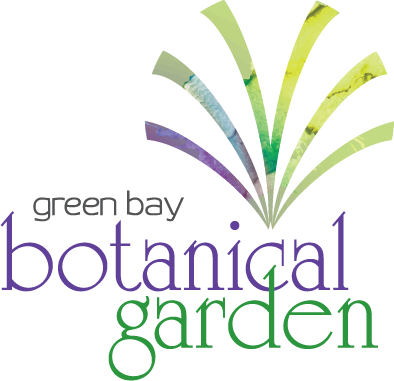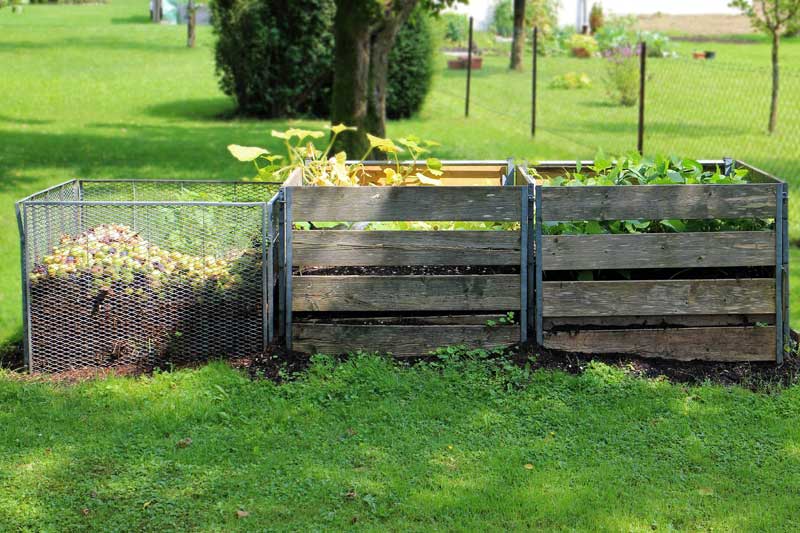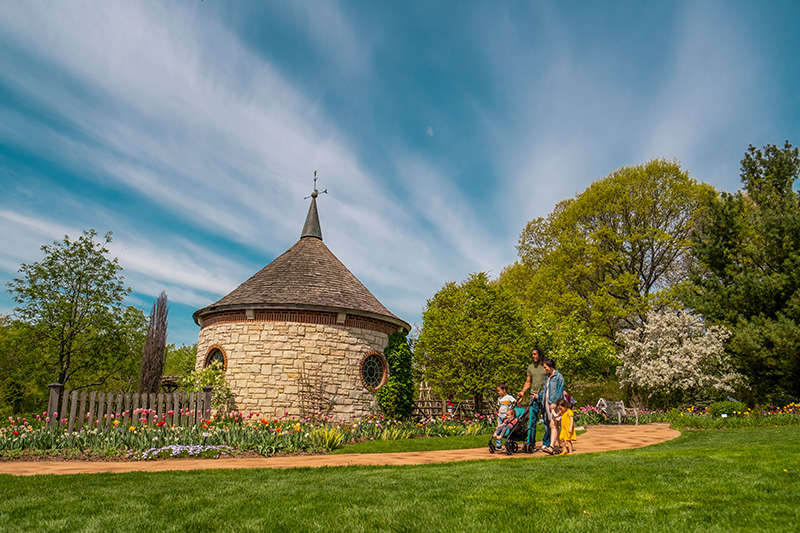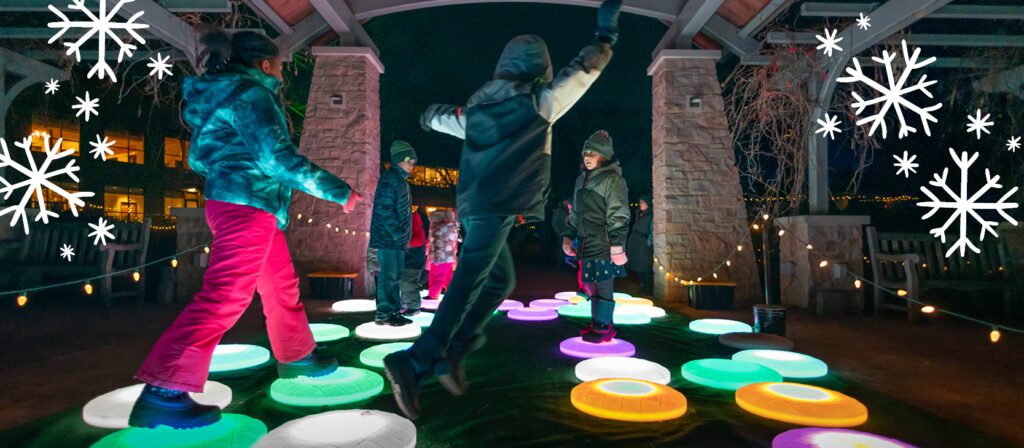Many people feel like gardening is a significant challenge. While some aspects of gardening are more complex, there is one that certainly isn’t: composting!
Compost is a nutrient rich soil addition that can enrich your garden bed and help your plants grow better and bigger. Compost provides much more nutrients than fertilizer does; it also adds organic matter back into the soil, which allows for better texture, water retention, and will feed the community of helpful micro-organisms in your garden. The best part about composting is that it is super easy and it can be done using things you probably already have laying around!

Here are some of the things you will want to do to get started:
Find a Space to Compost
Your compost space can be as simple or complex as you would like. The first step is to find a suitable site. Try to find somewhere mostly sunny: composting is a process that utilizes heat for microbial digestion, so you want a spot that will get fairly warm throughout the day. About five to eight hours of light is a healthy amount to aim for, and don’t forget to find a site closer to your garden. You’ll want easy access in order to bring fertilizer-ready compost to your garden.


Craft Your Bin
When building your compost area, you can get as creative as you’d like with things found in your garage or you can spend some extra money to get new materials.
If you’d like to do something basic, you can simply make a pile for your scraps by finding an open section of land and placing your compost materials there. To add a little flair, you can use some wood, brick or fencing to make a three-sided wall in which to keep your pile.
A plastic bin or drum will work as well, provided that it has enough space (more than 55 gallons) and can be closed off; be sure to clean it thoroughly before use. If you’d like to compost on the fancier side, you can opt to buy a pre-made compost drum from a local garden or hardware store. Some commercial styles have cranks that allow you to turn the pile with much less work.
Add Good Things
An efficient compost pile has a well balanced mix of materials and should not smell. It should eventually develop into a rich deep brown color with a soft texture. To attain this, add “brown” materials such as cardboard, small woody branches, leaves and straw.
You’ll also want to add some green materials as well, such as kitchen scraps from fruits and vegetables, old garden plants you may have pulled, grass clippings (if they have not been sprayed,) leaves, and livestock manure. Coffee grounds or loose tea leaves are also a great addition to the pile, so don’t forget to throw them on after your morning cup!
While your compost pile doesn’t have to be an exact science, if you’d like to do it right, the best ratio for composting is about two-thirds brown materials to one-third green material.
Keep It Clean
While compost may look like dirt, there are still a few things to definitely avoid adding in. You don’t want to put anything that has been treated with chemicals like pest sprays or herbicides into your pile, as they could be harmful for decomposers and plants. It is tempting, but you will also want to avoid putting weeds with mature seeds or seed heads in your compost as the seeds they carry can cause problems for your garden later on if they survive.

Meats, oils, and dairy do not do well in compost either, as they will rot and spoil. Domestic pet wastes have no place in the compost pile, so avoid adding those, too. Finally, be sure if you are adding kitchen scraps to check for stickers and labels before adding them to the pile. Plastic isn’t good for your plants or the environment!
Have Patience
Sometimes life moves at a slower pace than we hope, and that is certainly true of gardening and of composting. The process of composing can take about a half a year or longer. In this time, you will want to regularly moisten your pile as you add new materials (a little water from a gardening can will be fine) and it is a good idea to regularly turn your pile every week or two using a shovel or pitchfork. This allows oxygen into the pile which the micro-organisms need to do their side of the job.
You’ll know your pile is ready when it has a slightly damp and soft texture, dark color, and is uniform without any lingering large bits of debris. To use the compost in your garden, spread a 1-3 inch layer over the soil (not covering the bases of any plants) which you can turn into the soil if you choose. You can also mix compost into potting soil for starting seedlings and other plants at home, or you can use it as a mulch in your garden or landscape.
Using these simple steps, having your own compost pile is easier than you think. Just find a convenient spot, put the right things in, avoid materials that will be harmful to your garden, and tend it once in a while for a few months, and you will be the proud owner of a healthy compost pile. By composting, you help cut down on waste that would likely go to landfills as well as saving yourself some money on garden supplies. The best reward of all is knowing that your plants will be much happier when you add a nice layer of compost on top to nourish their roots and help them grow strong every year.
Learn more about how we’re practicing sustainability every day at the Garden!
Sources
